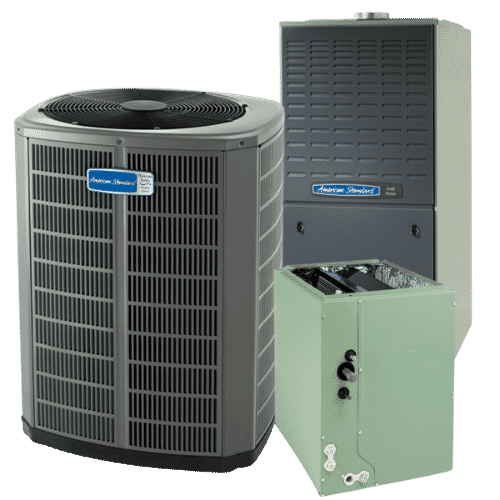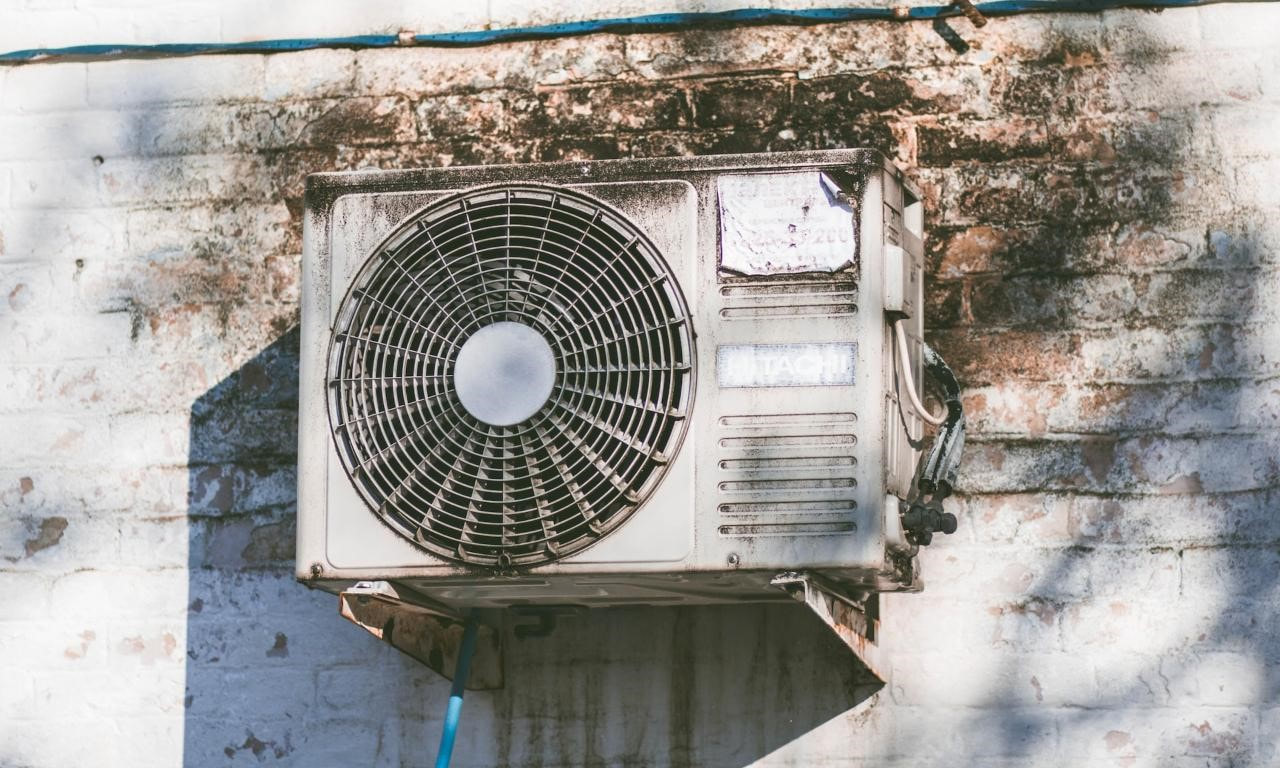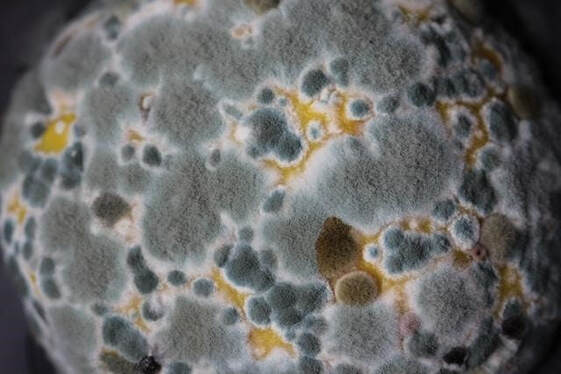|
While many ignore the dangers of low Freon levels in your AC system, this is not the best move. They can be quite serious, so we’ve compiled a guide to explain them more closely!
Freon and its actual role in AC systems Understanding Freon's role in your AC system is crucial for maintaining optimal cooling performance. Of course, it also helps with the dangers of low Freon levels in your AC system. Freon, also known as refrigerant, is a chemical compound that absorbs heat from the indoor air and releases it outside. Thus resulting in a cool and comfortable environment. It circulates through the AC system, undergoing a continuous cycle of compression and expansion. However, serious Freon problems can arise over time, indicating that your AC unit needs replacement. These problems include refrigerant leaks, which don’t only affect the cooling efficiency. They also pose environmental concerns due to the harmful effects of Freon on the ozone layer. Suppose you notice refrigerant leaks or experience a significant decline in cooling performance. In that case, it's a clear indication that it's time to consider replacing your AC unit with a more efficient and eco-friendly model. All the signs and symptoms of low Freon levels You need to closely monitor the signs and symptoms of low Freon levels in your AC system. One clear indication is reduced cooling capacity, where your AC fails to cool the space effectively. Another sign is the formation of ice buildup on the evaporator coils, hindering proper airflow. Increased energy consumption is another red flag, as your AC works harder to compensate for the low Freon levels. Pay attention to strange noises or unusual smells emanating from your AC. They could indicate a Freon problem. You must address the issue quickly if you notice any of these signs. Ignoring low Freon levels can lead to further damage, decreased efficiency, and even potential health risks. Don't hesitate to contact a professional technician to diagnose and resolve the problem to ensure your AC system operates optimally and avoid the dangers of low Freon levels in your AC system. The potential dangers of ignoring low Freon levels Ignoring low Freon levels in your AC system can lead to a host of dangers that you should not underestimate. One of the primary risks is damage to the compressor, the heart of your cooling system, which can be expensive to repair or replace. Additionally, low Freon levels can result in poor indoor air quality. This is because the system fails to remove humidity and contaminants from the air effectively. This can exacerbate allergies and respiratory issues. Furthermore, Freon leaks can pose health risks. In extreme cases, exposure to the refrigerant can cause dizziness, headaches, and even asphyxiation. Another alarming danger is the potential fire hazard that low Freon levels can present. After all, the refrigerant is flammable under certain conditions. To ensure your safety, addressing low Freon levels promptly by seeking professional assistance and not ignoring the warning signs is essential. The actual causes of low Freon levels Low Freon levels in your AC system can be attributed to various causes that should be addressed promptly. One common cause is refrigerant leaks. They can occur due to worn-out seals, cracks in refrigerant lines, or faulty connections. Improper installation or maintenance can also lead to low Freon levels over time. If the system wasn't charged with the correct amount of refrigerant during installation or if regular maintenance and inspections were neglected, it can result in a gradual decline in Freon levels. Additionally, normal wear and tear can cause small leaks or gradual loss of refrigerant over the years. It's important to address these causes as soon as possible to prevent further damage to your AC system and ensure optimal cooling performance. The consequences of DIY Freon recharge Attempting a DIY Freon recharge for your AC system can have severe consequences that should not be taken lightly:
The importance of professional AC maintenance and repair Professional maintenance and repair of your AC system are of utmost importance to ensure its longevity and efficient performance. Experts, like those from State to State Move, recommend regular maintenance of AC systems in commercial buildings to avoid costly breakdowns and ensure optimal functionality. Professional technicians have the expertise and knowledge to identify potential issues early on and provide necessary repairs or adjustments. They can also conduct thorough inspections, clean essential components, and optimize the system for peak performance. By relying on professionals, you know that your AC system is in capable hands and that they will address any maintenance or repair needs promptly and effectively. This not only helps extend the lifespan of your system but also ensures a comfortable environment for occupants and potentially reduces energy consumption. Tips for maintaining optimal Freon levels Maintaining optimal Freon levels in your AC system is crucial for avoiding the dangers of low Freon levels in your AC system. In order to achieve this, the following steps are rather vital:
Battling the dangers of low Freon levels in your AC system With how omnipresent ACs are in our homes, it’s important to be aware of the dangers of low Freon levels in your AC system. Otherwise, they can sneak up on you and cause serious damage to your health and property!
0 Comments
 Even the most durable air conditioning systems can eventually break down. Regular HVAC maintenance, such as an annual AC tune-up, could help your system survive as long as possible while ensuring efficiency. Unfortunately, you'll end up having to get a new one. What are the signs that your AC unit is ready for replacement? How to recognize these symptoms? However, investing in a new air conditioner can be challenging. HVAC system repairs are often among the most expensive you will face as a homeowner. People usually wait until the last minute to replace their HVAC system. Also, they decide to replace only when the repairs are no longer profitable. Many of them do not pay attention to the energy efficiency of their outdated devices. In this article, we deal with the signs indicating when it's time to retire and replace old appliances with new ones. What is the lifespan of your AC system? The average lifespan of a central AC system is between 12 and 15 years, while some can even last up to 20 years. Of course, there are several variables to consider, such as the regularity of maintenance, the location of the unit, the intensity of its use, and the manufacturer’s reputation. Older HVAC systems can still be regularly maintained. Thanks to technical standards, aging systems can still be easily maintained. Also, finding a qualified professional for regular maintenance and repairs is possible even for older systems due to the wide availability of replacement parts and servicing for these systems. However, there are times when repairing an outdated air conditioner is not worth the cost and should be replaced immediately. And here are the signs that your AC unit is ready for replacement:
Increased energy costs Rising energy prices are not to blame if you've noticed that your central air conditioner is costing extra to run. Costs can add up when your HVAC system declines in efficiency over the years. As it ages, an air conditioner can lose as much as nine percent of its efficiency for every point in its Seasonal Energy Efficiency Ratio (SEER). What does this mean for you? Unfortunately, the fees on your account will increase. With the longer time required to reach target temperatures, the system will put more effort into reaching those temperatures. It means more time spent working, money spent on bills and maintenance, etc.  The fact that it isn't cooling properly anymore is perhaps the most telling symptom that your air conditioner is in its final days. It shouldn't take more than a few minutes after turning on the thermostat for cold air to blow through the vents. If it doesn't, or if the AC goes on but blasts warm air, it indicates it's having trouble keeping up. If the system is struggling to process your commands However, not every HVAC system failure needs a new installation. A clogged duct is another possible cause. A professional can repair your air conditioner if it is not producing any cool air. However, it may be time for an update if your air conditioner is on and looks to be functioning normally but is no longer effectively cooling your house. If you did not notice these signs in time and find yourself with a problem in the middle of the season, then there is a problem. For example, in the middle of summer, your AC breaks down, and you are in a climate where the summers are as hot as in California. Maybe you'll think about moving somewhere where you might not even need AC. Pros can handle these tasks when this situation occurs, making your move faster and smoother. Increased air humidity in the home and even the appearance of mold and mildewThe primary function of your air conditioner is to dehumidify the indoor environment. An evaporator coil can accomplish this by recirculating heated air that has been pulled from your home and cooled. Your system can have a moisture leak that it removes from the air. It is typical for the air conditioner in your house to release some water. However, as your air conditioner ages and loses efficiency, or if problems arise with the evaporator coil, the unit will not be able to collect as much moisture from the air in your house. Moisture levels in your home may rise, and you can notice condensation on windows or moisture around vents and pipes. Additionally, you can see mold or mildew growing in your apartment or house. That could be one of the most obvious signs that your AC unit is ready for replacement. Any unusual sound or unpleasant smell from your system indicates a problemNo squeaking, rattling, creaking, or screeching sounds should come from a well-maintained HVAC unit. Your air conditioner's useful life may be coming to an end if it makes strange or loud sounds while running. Similarly, if you turn on your central valve and notice a peculiar stench emanating from the vents, it may be time to replace your air conditioner. If your air conditioner is functioning properly, the vents’ air shouldn’t have musty or stale odors. There should never be any stale or smoky odors present. In the heat of summer, you depend on your air conditioner to keep your house at a pleasant temperature, so the expense of repairing a damaged system is understandable. But before the hot season starts, check your system; if necessary, it may be replaced with a brand-new one. Don't wait for the obvious signs that the AC unit is ready for replacementYou certainly don't want to find yourself on thin ice when the heating or cooling season comes and your HVAC system is at the end of its life. Pay close attention to these obvious symptoms of your HVAC system that is about to retire. There should not be any strange sounds from the system. There must also be no increased humidity in the room. Follow these tips to understand signs that the AC unit is ready for replacement and be prepared to manage on time. |
AuthorAfter years in the HVAC industry working for both small and large companies, we knew we could offer customers our experience, good prices, and excellent service. So, we started our own HVAC company. Archives
July 2023
Categories |



 RSS Feed
RSS Feed